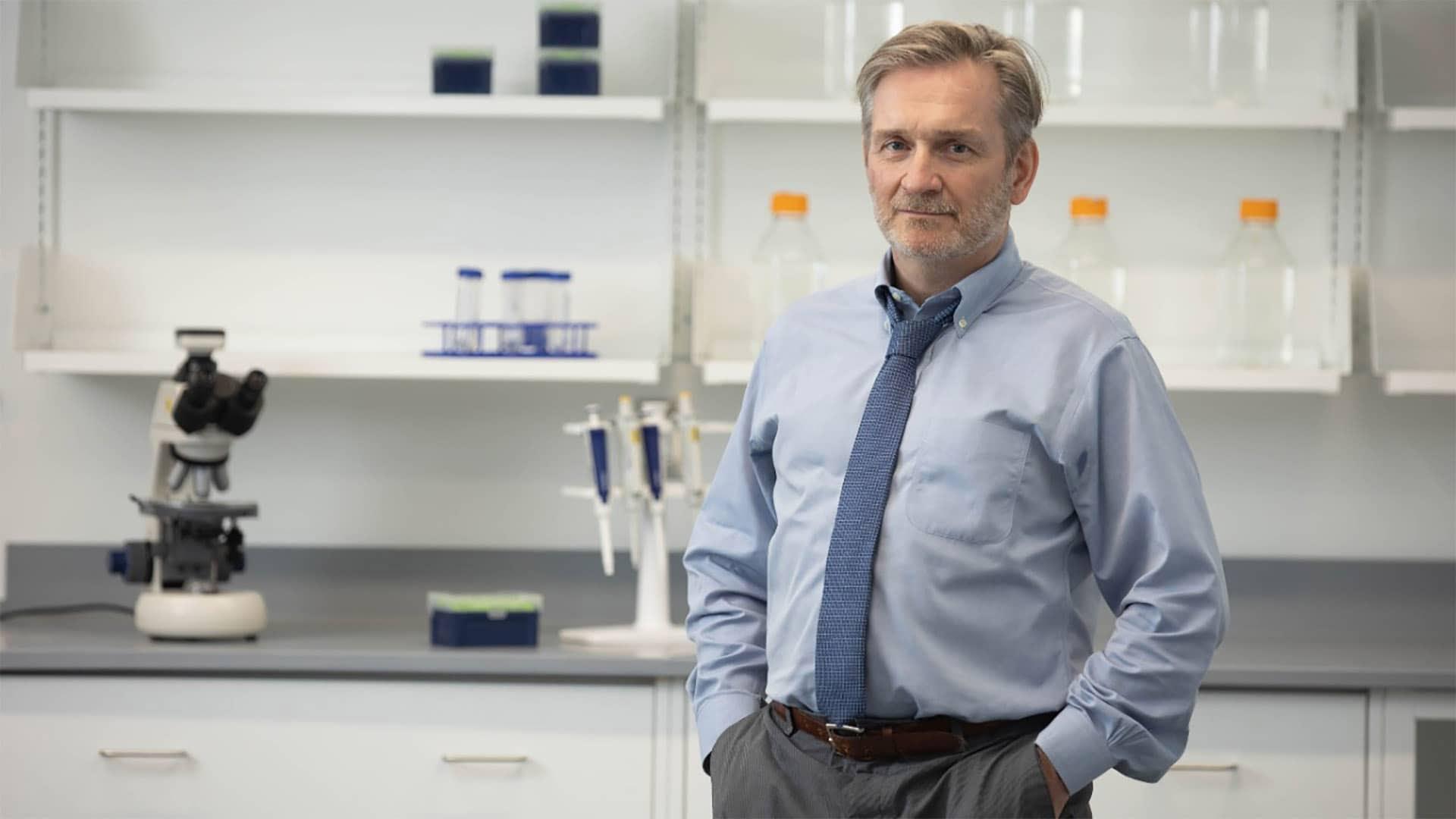Tulane physician offers clearer path through the hormone therapy debate
After years of mixed headlines and one-size-fits-all advice, hormone therapy is getting a rethink. Dr. Franck Mauvais-Jarvis, an endocrinologist, professor of medicine at Tulane University School of Medicine and director of the hormone therapy clinic at the New Orleans VA Medical Center, has edited and led a new clinical guide, Principles of Precision Hormone Therapy, that distills the latest evidence on who benefits, what’s safe and how care can be tailored. In the Q&A below, Mauvais-Jarvis, explains what’s changed since the early 2000s studies, why “precision” matters for healthy aging, and what patients—and their doctors—should know before starting treatment.
What inspired you to put together this book, and why now?
I direct the precision hormone therapy clinic at the New Orleans VA and founded the NIH-sponsored Tulane Center of Excellence in Sex-Based Precision Medicine. I’ve seen firsthand that when done right, hormone therapy can help delay the onset of age-related diseases.
The problem is there’s no up-to-date, reliable resource that reflects what we know today. Most medical textbooks still rely on outdated concepts. I wanted to give clinicians and researchers a practical, science-based guide that cuts through the myths and explains how to use bioidentical hormones safely and effectively for healthy aging.
What do you mean by precision hormone therapy? How does it differ from traditional approaches?
It’s hormone therapy tailored to each person’s needs—like a treatment plan as precise as a Swiss watch. Instead of using a one-size-fits-all approach, we look at the individual’s biology, health history, and risks to find the right balance and timing.
Hormone therapy has been controversial over the past two decades, especially after major studies like the Women’s Health Initiative. What misconceptions still persist — and how does your book address them?
The Women’s Health Initiative study—and the way it was reported—created a lot of fear. Many people came away thinking menopausal hormone therapy raises the risk of breast cancer and heart disease. In reality, newer evidence shows that’s not true. In fact, estrogen therapy alone can lower breast cancer risk, and in younger women, hormone therapy can reduce the risk of heart disease.
Another long-standing myth is that testosterone causes prostate cancer. Not one credible clinical study supports this. The same goes for the idea that testosterone raises heart disease risk. It’s simply not what the evidence shows.
My book brings together the latest science from top experts, clarifies the difference between bioidentical hormones and synthetics, and explains how precision treatments can improve quality of life and healthy aging.
How have recent advances in hormone science challenged earlier assumptions about safety and efficacy, particularly in aging populations?
We now know that menopausal hormone therapy doesn’t raise breast cancer risk, and estrogen therapy alone can lower it. In younger women, it can also protect the heart.
For men, new studies show testosterone is either neutral or good for heart health—and safe for the prostate. That’s a big shift from the fears we had 20 years ago.
Who is most likely to benefit from hormone therapy?
One thing that’s often overlooked is how declining hormones affect intimacy and relationships. In men, low testosterone can fuel the so-called “midlife crisis.” In women, low estrogen or testosterone is often brushed off as “just aging.” But in reality, these changes can quietly erode desire and connection.
I’ve seen couples on the verge of divorce rebuild their relationships when both partners get the right treatment. It’s not about vanity—it’s about restoring a part of life that’s essential for emotional well-being.
Testosterone is everywhere right now—what’s legitimate care (for men and for some women) vs. “low-T” hype?
Testosterone deficiency is common in middle-aged and older men and has real health consequences—like higher risk of diabetes, depression, osteoporosis, heart disease, dementia, and more. It should be treated when it’s truly present.
The problem is, there’s a boom in “low-T” clinics giving testosterone to middle-aged or younger men who don’t need it. That’s not evidence-based care. It’s marketing.
Your book is aimed at clinicians — what are some of the most important takeaways or updates that practitioners should know?
Bioidentical hormones can help prevent or slow down many chronic conditions tied to aging—like osteoporosis, diabetes, heart disease, Alzheimer’s, depression, and frailty. They’re not a magic bullet to make you live longer, but they can help you stay healthier and more active for longer.
What are some of the biggest challenges still facing the field of hormone therapy research?
The biggest hurdles are outdated thinking, overreliance on flawed studies like the WHI, pharmaceutical pushback against bioidentical hormones, and medical education that still teaches myths as facts. Many doctors, even experienced ones, were never taught the real differences between synthetic and bioidentical hormones.
How can medical schools and academic medical centers help train the next generation of clinicians in more evidence-based and personalized approaches to hormone therapy?
Simply teach the science as it stands today. And yes, using my book would be a great start.

